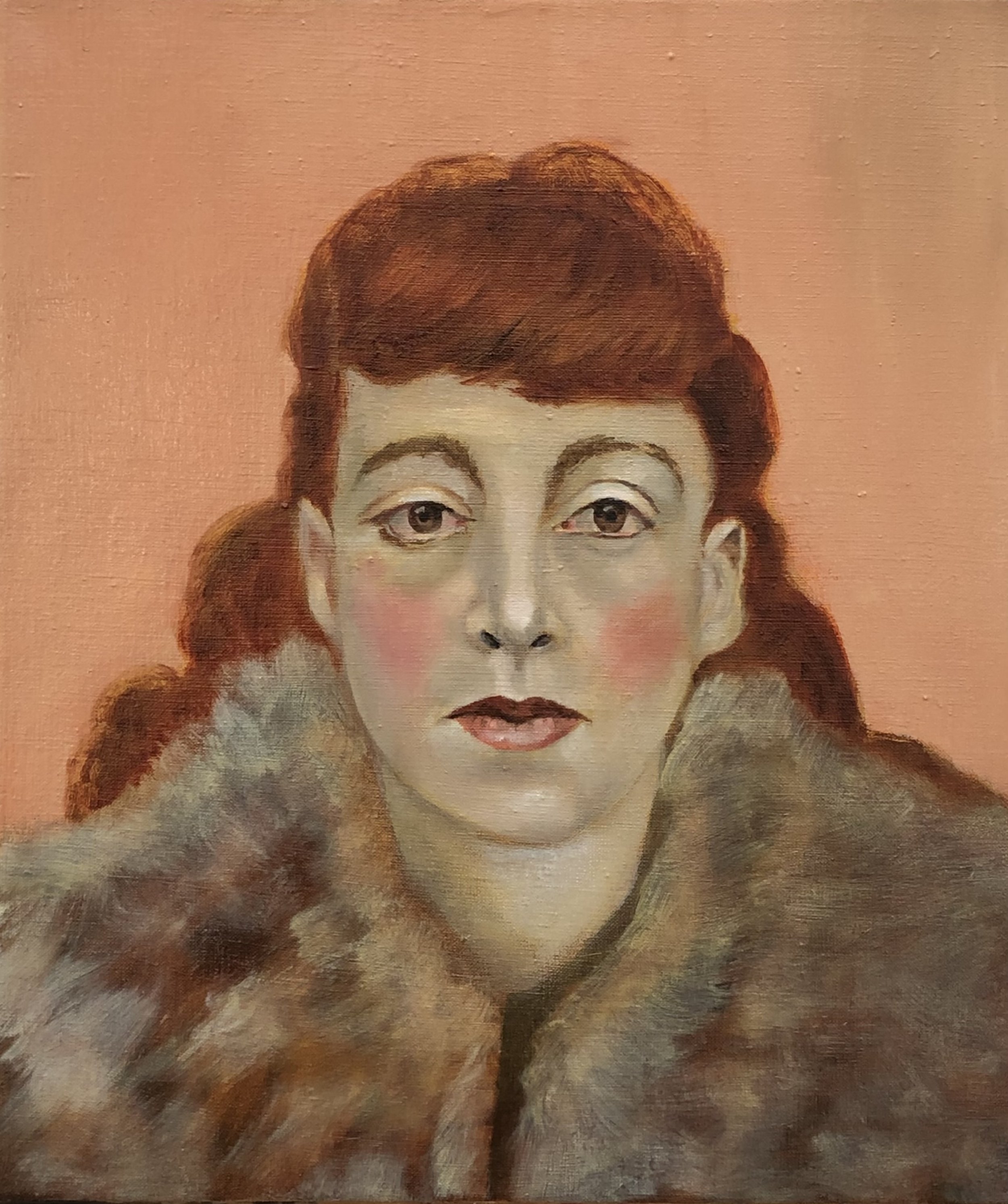“I feel a sadness I expected and which comes only from myself. I say I've always been sad. That I can see the same sadness in photos of myself when I was small.”
Marguerite Germaine Marie Donnadieu (4 April 1914 – 3 March 1996), known as Marguerite Duras, was a French novelist, playwright, screenwriter, essayist, and experimental filmmaker. Her script for the film Hiroshima mon amour (1959) earned her a nomination for Best Original Screenplayat the Academy Awards.
Oil on Linen 35×30 cm 🟢
Duras was born in Indochina (now Vietnam) but her family moved back to France when her father fell ill. After his death they went back to Indochina but Duras came back to France in 1931 when Duras was 17 but returned again in 1932, coming back to France in 1933. During World War II, from 1942 to 1944, Duras worked for the Vichy government and joined the French communist party and became a member of the French Resistance as a part of a small group that also included François Mitterrand. Duras' husband, Antelme, was deported to Buchenwald in 1944 for his involvement in the Resistance, and barely survived the experience (weighing on his release, according to Duras, just 38 kg, or 84 pounds). She nursed him back to health, but they divorced once he recovered.
Duras was the author of many novels, plays, films, interviews, essays, and works of short fiction, including her best-selling, highly fictionalized autobiographical work L'Amant (1984), translated into English as The Lover, which describes her youthful affair with a Chinese-Vietnamese man. She is perhaps best known for her screenplay for the 1959 French film Hiroshima mon amour, which was directed by Alain Resnais.
Towards the end of her life, Duras published a short, 54-page autobiographical book as a goodbye to her readers and family. The last entry was written on 1 August 1995 and read "I think it is all over. That my life is finished. I am no longer anything. I have become an appalling sight. I am falling apart. Come quickly. I no longer have a mouth, no longer a face". Duras died at her home in Paris on 3 March 1996, aged 81
